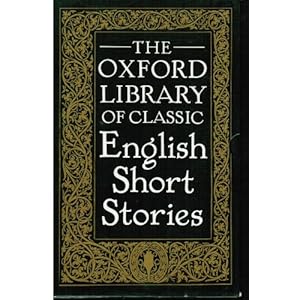Towards the end of last year, I decided to look through some publishers’ catalogues, and make a note of any 2011 books that sounded interesting. I found more than I could have any hope of reading, so I’ve decided to introduce a regular feature where I highlight some books from the coming month that have caught my eye. Here, then, are my notable books for January:
Paul Bailey, Chapman’s Odyssey
A novel viewed from a hospital bed, where the protagonist lies as the voices of characters from literature and his life speak to him.
Anthony Doerr, Memory Wall
A collection of six stories on the theme of memory. Sounds nicely wide-ranging.
Faïza Guène, Bar Balto
I’ve not read Guène before, but I understand that her work has been both acclaimed and successful internationally. This, her third novel, is a murder mystery told in multiple voices.
Ida Hattemer-Higgins, The History of History
This looks to have an intriguing combination of elements: an amnesiac woman trying to regain her memories, the history of Berlin, and a vein of fantastication.
Simon Lelic, The Facility
Last year’s Rupture was a fine debut, and this sounds an interesting follow-up, as Lelic writes of a near future in which laws have been tightened in the name of security.
Cornelius Medvei, Caroline: A Mystery
Of all the 2011 books I’ve learnt about so far, this may be the one that sounds the most fun — a story of a man who falls for a donkey.
Dinaw Mengestu, How to Read the Air
Technically a 2010 book, but, as its UK publication date was so close to the end of the year (30th December), and I didn’t actually realise, I’m going to include it here. It’s the story of a young Ethiopian-American retracing his parents’ journey, with (so I gather) a mixing of stories that sounds particularly interesting.
Sunjeev Sahota, Ours Are the Streets
I’ve heard good things about this debut, which examines what drives a young man from Sheffield to become a suicide bomber.
Kirsten Tranter, The Legacy
Apparently it draws on Henry James’s The Portrait of a Lady, which I’ve not read; but the idea of this tale about a woman travelling to New York to investigate the life of her friend’s missing cousin still intrigues me.
David Vann, Caribou Island
One of the most anticipated books of the whole year, as far as I’m concerned, never mind January. Legend of a Suicide was one of the best books I read in 2009, enough to make anything else that Vann writes essential reading. Simple as that.
Like this:
Like Loading...

Recent Comments